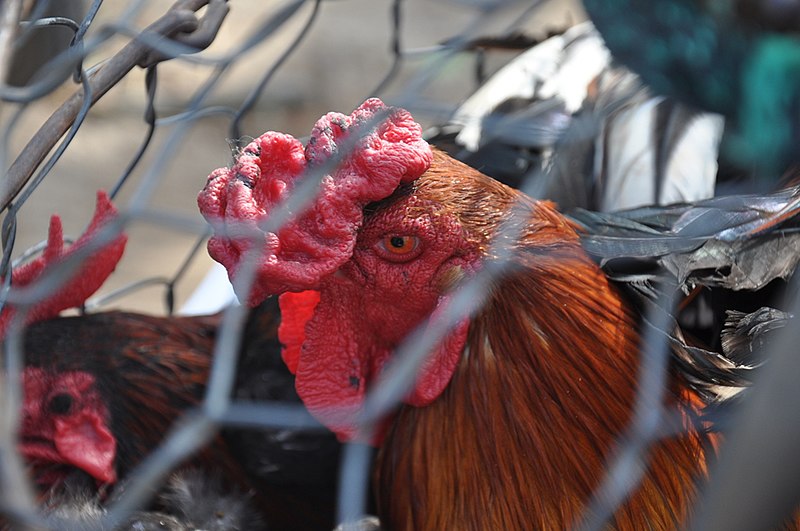
The UK has self-declared freedom from highly pathogenic avian influenza (HPAI) for Great Britain as of March 29, 2024. This declaration has been reviewed
and published by the World Organisation for Animal Health (WOAH), following Northern Ireland’s declaration of freedom on March 31, 2023.
The UK recently faced its largest-ever outbreak of bird flu, with over 360 cases confirmed across the country since late October 2021. However, there have been no recent cases of avian influenza in kept birds, with the last confirmed case reported on February 14, 2024.
Currently, the risk to poultry from HPAI H5 in Great Britain is low. Nevertheless, HPAI H5N1 continues to be detected at low levels in wild birds in Great Britain and across Europe, with outbreaks occurring in poultry and other captive birds in several European countries.
Bird keepers are urged to remain vigilant and practice stringent biosecurity measures to protect the health and welfare of their birds. Detailed biosecurity guidance is available to help protect your birds.
Avian influenza, or bird flu, is a notifiable animal disease. If you suspect any type of avian influenza in poultry or captive birds, you must report it immediately by calling the Defra Rural Services Helpline at 03000 200 301. In Wales, contact 0300 303 8268, and in Scotland, contact your local Field Services Office. Failure to report suspected cases is an offense.
Do not touch or pick up any dead or sick birds that you find; instead, report them using the online reporting system or by calling the Defra helpline.
The UK Health Security Agency (UKHSA) advises that current evidence suggests the viruses circulating in birds in the UK do not spread easily to people. Food standards bodies also confirm that avian influenza poses a very low food safety risk for UK consumers, with no impact on the consumption of properly cooked poultry products, including eggs. Photo by USAID Vietnam, Wikimedia commons.


































